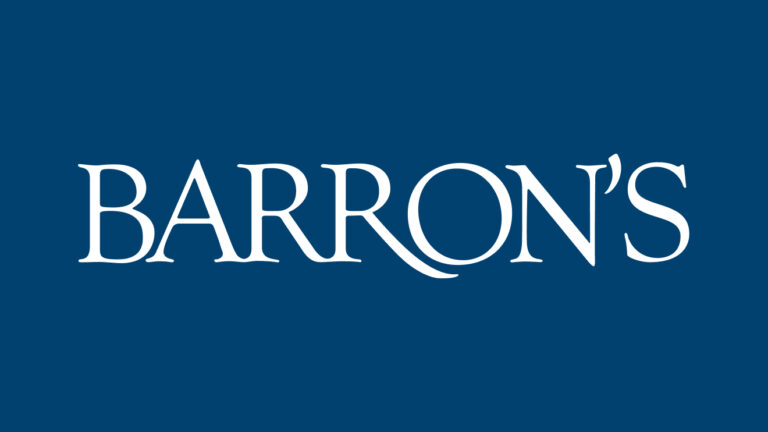China will hold a key political conference in mid-July that has historically been seen as a guide to the direction of the economy as policymakers seek to shore up the country’s sluggish recovery, state media reported on Thursday.
A year and a half after restrictions to curb the spread of COVID-19 ended, the world’s second-largest economy has yet to begin a full recovery, sparking a wave of anxiety among leaders and citizens.
The third plenary meeting, originally scheduled for last fall, is highly anticipated in the hope that it will clear up uncertainty and provide further details of Beijing’s future strategy.
State news agency Xinhua announced the dates for the meeting, setting the dates as July 15-18, saying it would “mainly consider issues related to further comprehensively deepening reform and promoting China’s modernization.”
Authorities have made clear their desire to shift the economy away from state investment and focus growth on high-tech innovation and domestic consumption.
Advertisement – Scroll to continue
But the latter remains stubbornly low as economic uncertainty exacerbates the vicious cycle.
So far, President Xi Jinping’s government has resisted any major economic stimulus package, with the governor of the People’s Bank of China warning last week that there were no such plans.
He said the economy still faced many challenges but that authorities would respond in a measured manner.
Advertisement – Scroll to continue
One of the most pressing issues is the persistent crisis in the real estate sector, long a key driver of national growth but now mired in debt, with several major companies facing liquidation.
Authorities have taken steps in recent months to ease pressure on property developers and restore confidence, including encouraging local governments to buy up unsold homes.
There have been some recent bright spots, with the International Monetary Fund last month raising its 2024 economic growth forecast to 5 percent, in line with Beijing’s official target.
Advertisement – Scroll to continue
But major obstacles remain, as well as rising geopolitical tensions with the West.
The European Union is preparing to impose new tariffs of up to 38% on Chinese-made electric cars by July 4, a move that Beijing has denounced as “pure protectionism”.
The EU claims that heavy government subsidies in China lead to unfair competition in the domestic market, a charge Beijing denies.
Advertisement – Scroll to continue
Last month, the United States increased tariffs on $18 billion worth of Chinese imports, targeting strategic sectors such as electric vehicles, batteries, steel and critical minerals, with Beijing warning the measures would have a “serious impact” on relations between the two superpowers.
Earlier this week, Chinese Premier Li Qiang called on countries to “oppose decoupling” at a meeting of the World Economic Forum.
pfc/rev/dan

